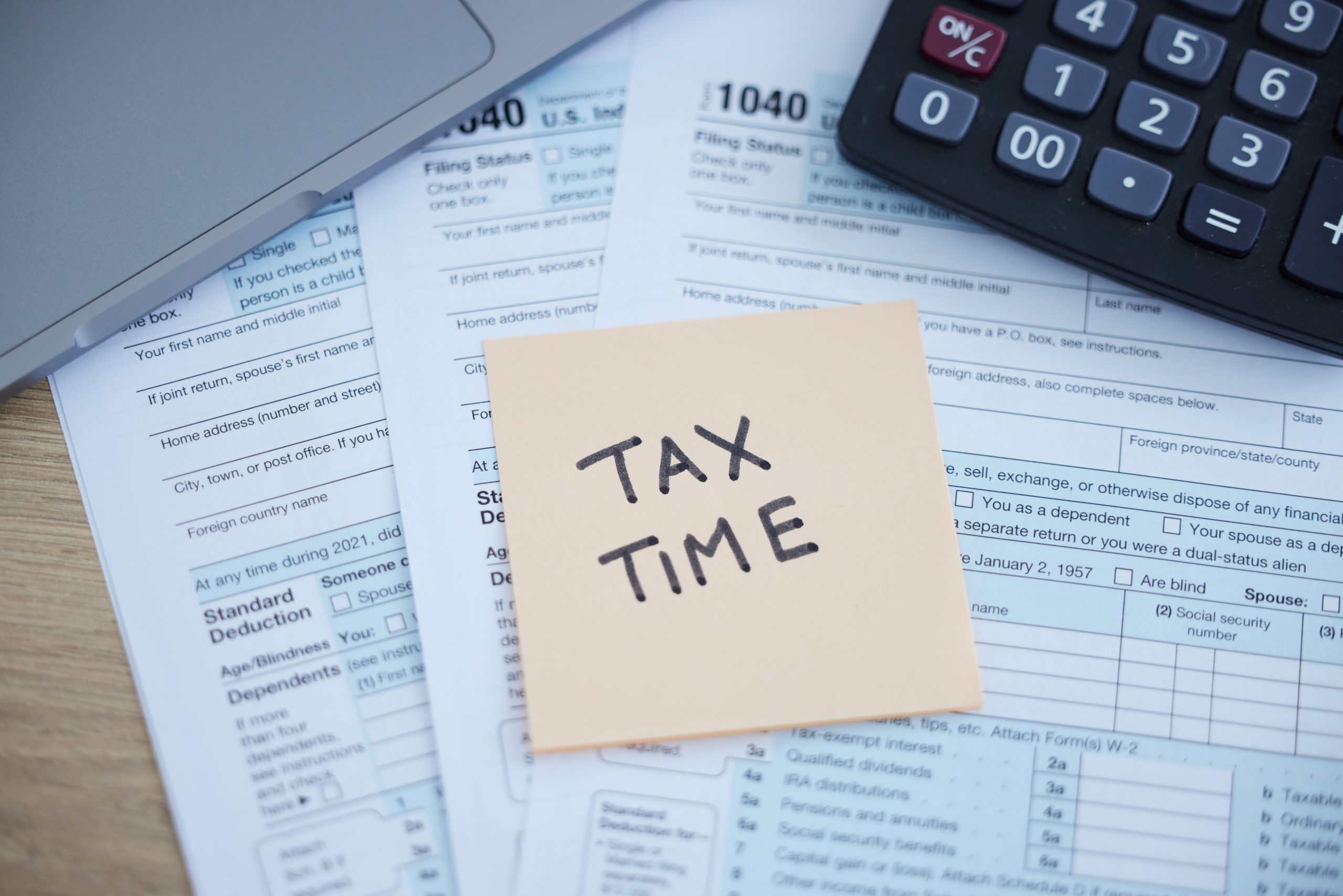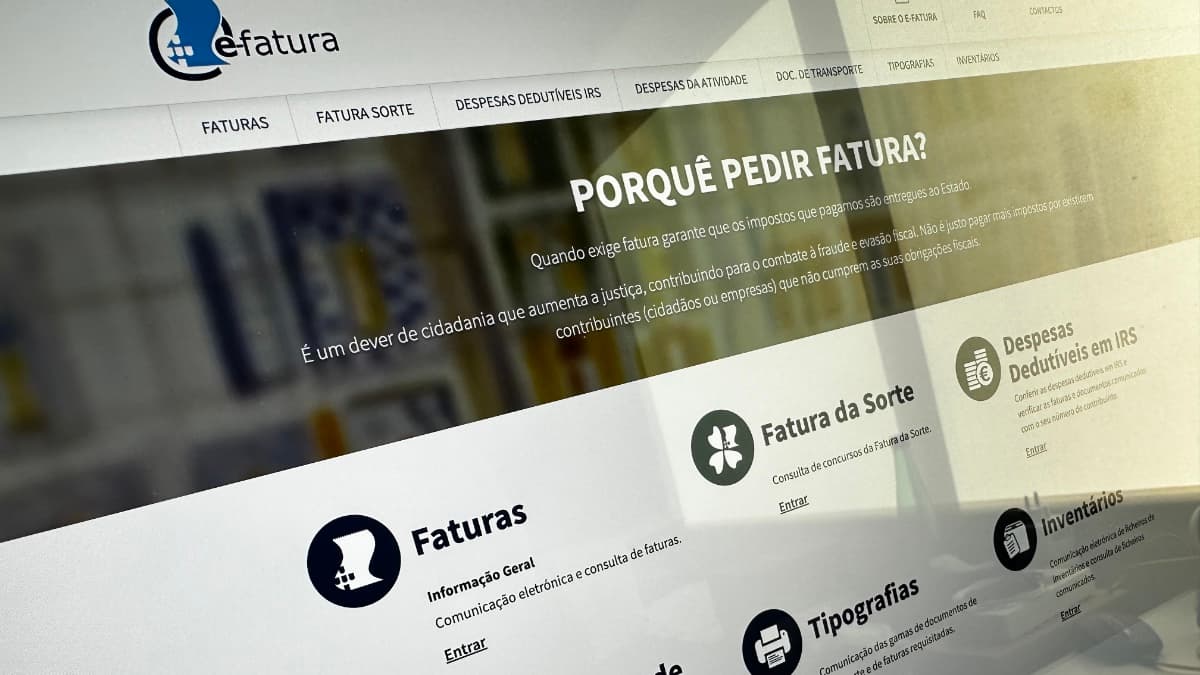By Ricardo Chaves
How to Access the Youth Personal Income Tax Regime – Under 35 years old
Introduction
The Portuguese government has changed the Youth Personal Income Tax Regime (IRS Young) to support young professionals by offering significant tax exemptions. This initiative is part of the government’s broader efforts to attract and retain talent, which is crucial for the country’s economic growth. If you are a young professional under 35, this regime allows you to benefit from reduced taxes over a period of 10 years, helping you maximize your earnings and ease your financial journey.
This guide will walk you through the steps required to access the Youth Personal Income Tax Regime, ensuring you understand the eligibility criteria, application process, and the exemptions available to you. Whether you’re just starting your career or already working as a young professional, this regime offers valuable benefits to enhance your financial future.
Step 1: Check Your Eligibility
Before proceeding, ensure you meet the requirements to benefit from the Youth PIT tax regime. This regime is available to workers who meet the following criteria:
- Age up to 35 years old (inclusive).
- Employment income in categories A (dependent work) or B (independent work).
- Not considered a dependent for tax purposes.
Step 2: How to Apply for Youth PIT tax regime with Your Employer
You can apply the Youth PIT tax regime directly to your monthly withholding tax (the IRS deduction made by your employer). To do so, inform your employer that you wish to opt for this regime.
No official form is required—just send a simple email stating the year you started filing your income independently (separate from your parents’ tax return).
Step 3: Submit Your Annual tax Declaration
Between April and June of the year following your income, submit your IRS declaration (Model 3) via the Tax Authority Portal.
When completing your declaration, ensure you select the Youth PIT tax regime option to receive the benefit.
Important: The exemption percentage is based on the first year you filed taxes as a non-dependent.
For example, if your first year was 2022, in 2025, you will be in the 4th year of earning income, and you will qualify for a 75% exemption, as shown in the table below.
Example Scenario:
Maria turns 30 in 2025 and completed her degree in 2016. She started working as an employee in September of that year but only filed her first tax return for 2017 as a non-dependent in 2018.
Under the new regime, in 2025 and 2026, Maria will benefit from a 25% exemption on Category A income, up to a limit of €28,737.50.
Step 4: Exemption Percentage Table
The exemption percentage under the Youth PIT tax regime decreases progressively each year. The table below outlines the exemption percentages for each year:
Year | Exemption Percentage |
1st | 100% |
2nd | 75% |
3rd | 75% |
4th | 75% |
5th | 50% |
6th | 50% |
7th | 50% |
8th | 25% |
9th | 25% |
10th | 25% |
The exemption applies to income within legal limits, with the maximum exemption determined by the IAS (Social Support Index).
Step 5: Deadlines and Conditions
You must request the Youth PIT tax regime during the annual income declaration period, which runs from April to June of the year following the receipt of income.
Step 6: Additional Information
The Youth PIT tax regime does not apply to individuals who have already benefited from tax regimes such as the Non-Habitual Resident regime, the ex-resident regime, or incentives for scientific research and innovation, or those who have not regularized their tax situation.
If you did not request the regime during the year, you can still request a correction or a refund of the unwithheld amount when you submit your annual declaration.
Remember, in addition to informing your employer, your annual IRS declaration is essential to continue benefiting from this regime.
The Youth PIT tax regime offers young professionals under 35 a significant opportunity to reduce their tax burden, fostering financial growth over a ten-year period. By following the simple steps outlined in this guide — checking your eligibility, applying with your employer, submitting your annual tax return, and understanding the exemption percentages — you can ensure you make the most of this valuable tax benefit. Remember to comply with the deadlines and conditions to continue receiving the benefit throughout the years. The Youth PIT regime is a powerful tool to maximize your earnings and build a solid financial future as you navigate your professional journey.
For more information or assistance, feel free to contact us at info@afm.tax or visit our website www.afm.tax.





